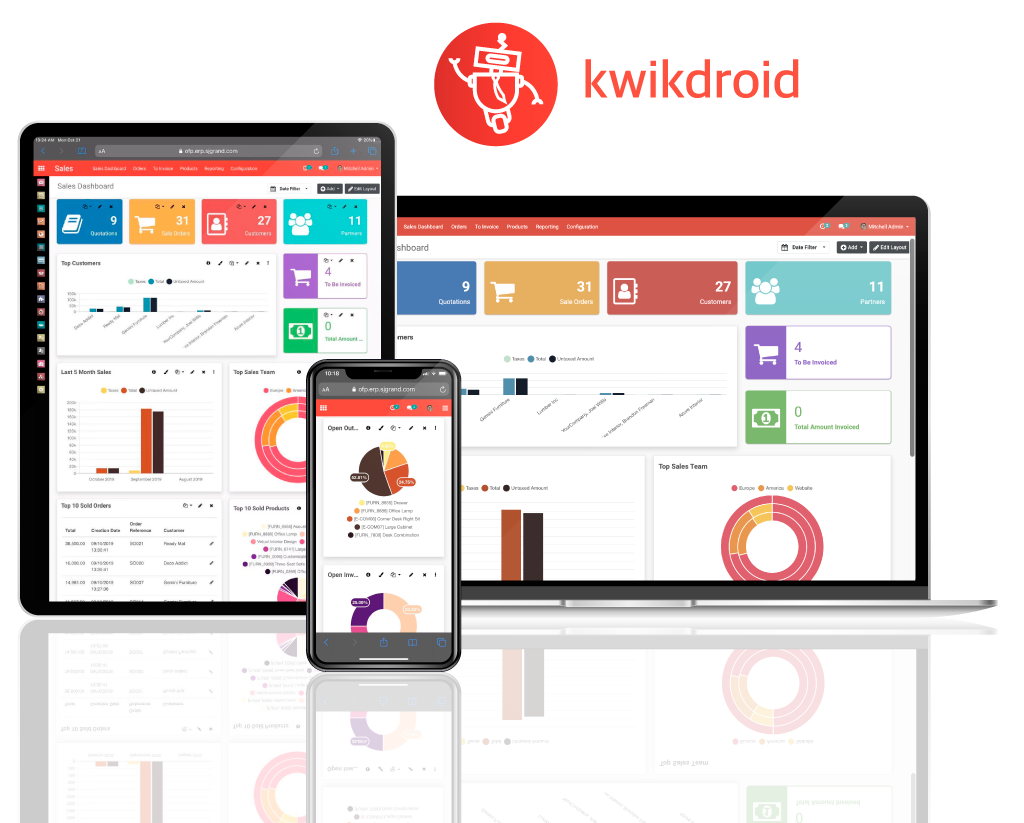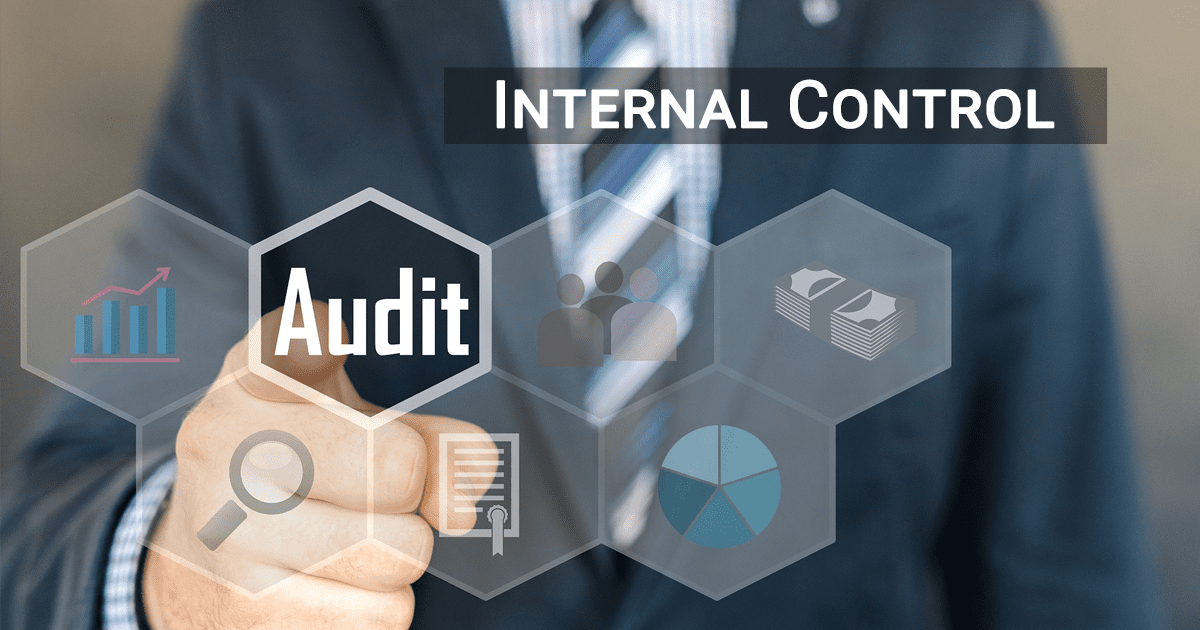Internal control is a buzzword in the field of accounting. It derives its history way back centuries when tax collecting was put in place and a system was necessary to secure the money and enforce the law. In modern times, internal control covers all aspects of financial security and organizational operations. The goal of internal control is simple – to protect financial information and avoid financial risks. Moreover, having an effective internal control system helps businesses maintain direct oversight of their operations.
Read our previous article on How to Improve Oversight of Business Operations
Over time, internal control has become a continuous challenge for companies. But thanks to automation, full control over business operations have been made easier. Keep reading!
Internal control – matching company risks with objectives
Different types of businesses have different needs. Furthermore, the internal control system of a big company may also differ from that of a small company. Therefore, it is important to first identify the risks a company is facing and then build the objectives for a risk-based management approach. It is considered a complete waste of time to establish an internal control system objective that does not overcome existing risks.
In accounting, most risks are associated with financial risks such that without control, a company may experience fraud or embezzlement which can lead to huge losses. Thus, good internal control should be able to consistently spot anomalies or errors and ensure the reliability of financial documents.
For instance, if the company or organization identifies risks regarding fake invoices for refund purposes, it is crucial to establish a control system where one department takes charge of checking the authenticity of the document, while other departments perform the reimbursement. Another example is the nature of currency transactions that may indicate a related monetary risk. For this reason, a company should be able to put up a multi-currency exchange function to maintain control of such tasks.
Role of management and internal audit
The management has an essential role in terms of communicating internal control activities and expectations to the company’s employees. On the other hand, the accounting or auditing team is responsible for regularly updating or reporting to the managers regarding the flow of internal procedures or processes within the organization.
Moreover, the internal control audit requires that documentations reflect coordination between auditing and financial statements. In addition, there should be a proper bank reconciliation method to check the consistency and accuracy of financial reports.
The automated internal control system
Automating internal control proves to be effective in many ways. Automation allows the automatic application of relevant operations such as creating automatic reports and performing automated tests.
Automation forms the environment of automatic algorithms which result in enabling technologies such as artificial intelligence (AI) and optical character recognition (OCR) as made possible by computer vision.
Read about Integrating Computer Vision into Accounting
On the other hand, the limitless power of Cloud computing and Robotic Process Automation (RPA) reduces risks and uncertainty due to their ability to integrate a huge amount of data while avoiding human error. Thus, it increases the company’s reliability and compliance with financial standards.
Furthermore, automation provides the ability for 24-hour real-time monitoring and communicating to push collaboration of departments more easily. Therefore, with all other processes automated, managers and auditors can focus more on high-value tasks such as improving the internal control structure and mitigating unnecessary costs. Besides, employees become free from manual, repetitive tasks that often could lead to mistakes.
Standard, automate and optimize using Kwikdroid

Kwikdroid is S.J. Grand’s company and digital accounting solution for establishing an automated internal control system. It runs through the Cloud and possesses machine learning ability to recognize and process massive data. Kwikdroid’s Cloud-based functions can suit business accounting needs, no matter the size of the company. It is a fully integrated management and accounting software which is made with multiple layers of security to ensure data privacy and protection. It also has a built-in internal chat system that allows an uninterrupted flow of communication channels within the organization.
If you want to know more about the benefits of Kwikdroid and how it works, visit our Kwikdroid page and check out a short video introduction of the product.
Our Kwikdroid product is customizable and comes together with our Managed Services including Cloud ERP and Cloud migration. Find out more about the Cloud, IT, and consulting solutions we offer here.If you want to know more about doing business in China, contact our team for consultation and assistance. Follow us on social media to get the latest news!
Our experienced team has the necessary expertise and the know-how to support you with your business – have a look at the services we offer.







